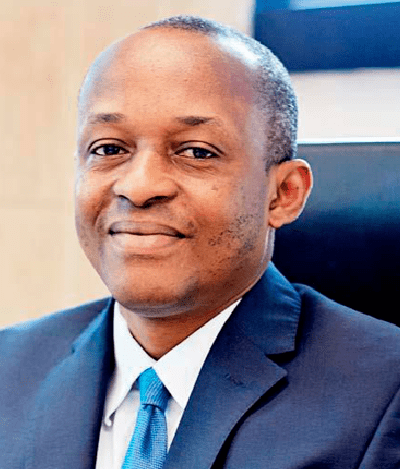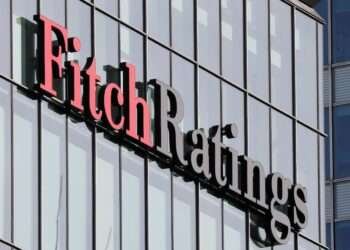PricewaterhouseCoopers (PwC) Ghana, an accounting and auditing firm, has urged the government to be more disciplined and hardworking in order to achieve the goals set forth in the 2022 Budget Statement and Economic Policy.
Whereas the revenue and fiscal deficit projections, among other things, were outstanding and ambitious, that they were insufficient to relieve investor and international community worries about the country’s big deficit and high debt levels.
According to the financial advisory body, stringent budget implementation and achievement of targets were required to convince investors that the country was capable of slowing debt buildup and shrinking the deficit size, among other obstacles.
Mr. Vish Ashiagbor, Senior Country Partner of PwC Ghana mentioned that investors were looking forward to details on how the country planned to reduce the deficit from 12.1 percent of GDP in 2021 to 7.4 percent in 2022, as well as increase income by 44 percent in a year.
According to Vish, the government’s fiscal condition suggested that initiatives to increase resource mobilization would be implemented, as evidenced by the introduction of the electronic transaction levy (E-Levy) and the anticipated 15% increase in public service provider fees and levies.
E-levy Unexpected
Mr. Ashiagbor, on the other hand, found the use of electronic transactions, such as mobile money (MOMO), and the 1.75 percent tax on all sending transactions excluding remittances to be somewhat unexpected.
While the E levy was a genuine attempt to broaden the tax net in reaction to prior calls, The financial advisor said it also has the potential of burdening existing taxpayers with a new levy.
He also expressed apprehensions about the levy’s potential to hinder the economic growth pace of electronic transactions, stressing that the tax’s scope and rate needed to be clarified.
Mr. Ashiagbor claimed that by imposing a 1.75 percent levy on all electronic transactions except remittances, the government was raising the cost of doing business, particularly in the area of payroll management, which relies on funds being transferred from an employer’s account to employees’ accounts.
When that happens, he says, firms will have to choose to absorb the expense and pass it on to customers through price increases.
Vish hoped that the PwC 2022 Budget Digest will provide the necessary clarification and context on the tax, as well as the foundations for the scope to help businesses and citizens.
Mr. Ashiagbor told reporters that the event will include a presentation by PwC on the budget’s core concerns and how they affect businesses and consumers, keynote talks by Finance Minister Mr. Ken Ofori-Atta, and panel discussions by chosen business organizations such as the UK-Ghana Chamber of Commerce.
Madam Ayesha Bedwei Ibe, the firm’s Tax Leader, would also provide insight into the tax policies suggested in the budget, he said. The chartered accountant and PwC Ghana Country Head spoke to the publication ahead of the PwC 2022 Budget Digest, which will be held in Accra tomorrow.
The budget conversation event is scheduled to give a venue for senior government officials to shed additional light on the budget for next year.
Read Also: Banking sector total assets, investments and deposits grow- BOG report





















